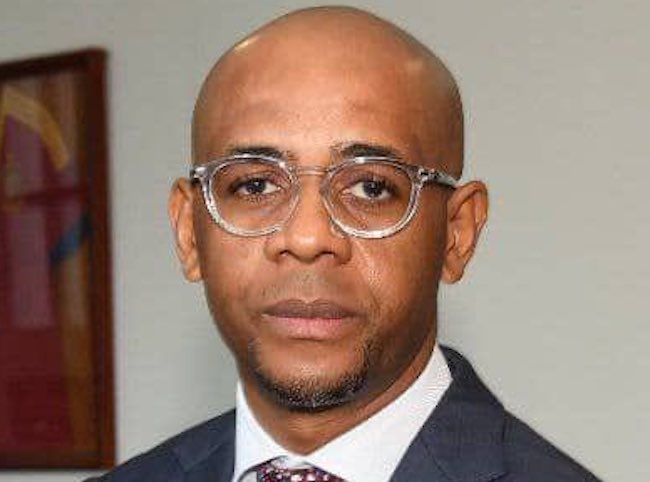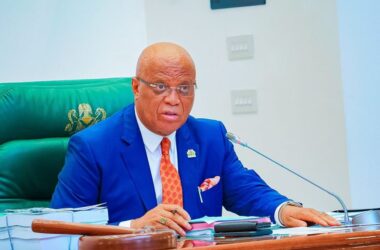The government of Equatorial Guinea has imposed restrictions on mobile data use for WhatsApp, limiting citizens’ ability to share multimedia files like photos, videos, and audio.
The decision came amid an unfolding sex scandal involving high-ranking official Baltasar Engonga, Director General of the National Financial Investigation Agency.
Engonga is currently under investigation for alleged fraud, which led authorities to search his home and office.
During this search, officials discovered over 400 videos reportedly showing intimate encounters between Engonga and several prominent women, including wives of ministers, relatives of government officials, and the sister of Equatorial Guinea’s president.
These videos, allegedly recorded with the consent of the participants, were leaked online, causing widespread backlash and media attention.
Since the restriction, many citizens have expressed frustration, with users now depending solely on WiFi for file sharing on WhatsApp. A local news outlet, Ahora EG, quoted an anonymous source questioning the government’s approach, asking, “Should an entire country pay for the actions of a few?”
Some citizens feel this restriction disproportionately impacts the public, disrupting not only social connections but also work and education. The lack of government transparency on how long the restriction will last has heightened public discontent, with people calling for clarity.
In a related move to prevent similar incidents, Vice President Teddy Nguema recently announced plans to install surveillance cameras in all government offices. This measure aims to tighten oversight and reduce misconduct in public offices.










